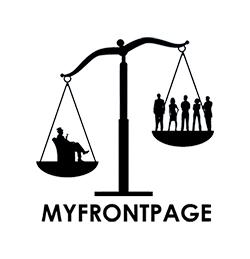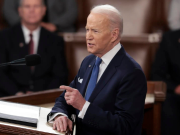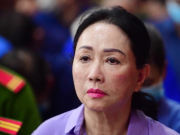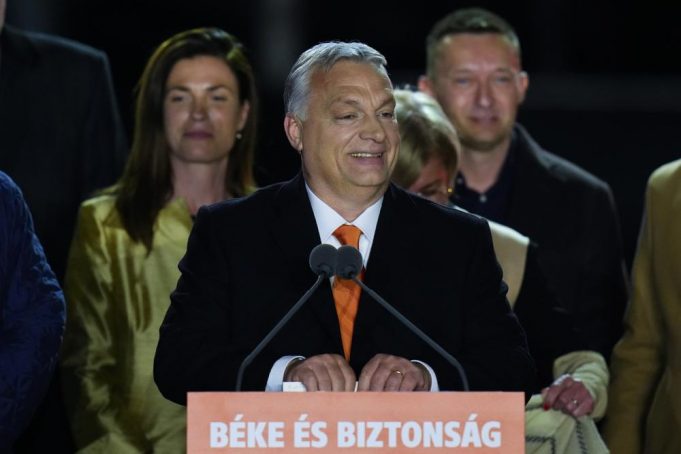BUDAPEST, Hungary: After two nationalist European strongmen won overwhelming victories in elections on Sunday. One of the first foreign leaders to congratulate both were not from a neighboring country or a regional ally. It was Russian President Vladimir Putin.
The parliamentary elections in Hungary and Serbia both brought landslide wins for the two countries’ longtime, pro-Putin leaders Hungarian Prime Minister Viktor Orban and Serbian President Aleksandar Vucic.
Their victories on Sunday highlighted an underlying discord in attitudes among European nations toward the autocracies of Russia and China. As those powers seek to exert greater influence on the continent and beyond. Orban and Vucic have aimed to emulate the autocratic touch through their own style of governance in the heart of Europe.
Orban’s right-wing Fidesz party won more than 53% of the vote. Shocking both pollsters and a Western-looking coalition of more liberal opposition parties. Which had appealed to voters to bring an end to Orban’s 12 years of autocratic rule and stronger ties with Moscow and Beijing.
In Serbia, Vucic cruised into an outright victory with the nearest opposition candidate trailing by some 40%. It was the first time that a presidential candidate won a second mandate without a runoff vote.
“I managed something no one else has done before me,” Vucic said in a victory speech. “It wasn’t even close.”
The results cemented the power of two leaders who have been accused of undermining democratic norms. Underscored an accelerating drift away from the liberal values and vision of the European Union among Hungarian and Serbian voters.
Russia’s war in Ukraine played an outsized role in the campaigns in both countries. Analysts say the conflict helped to mobilize support for the incumbents. Serbia’s largely pro-Russian electorate shuns groups identified with pro-Western policies. While Orban’s reputation as Putin’s closest ally in the EU has led his supporters to view Russia as a crucial partner.
Formally on the path to EU accession, Serbia has seen a rise in pro-Russian sentiment. Under Vucic and mounting skepticism and mistrust of the EU, even as the country’s main financial inflows come from the bloc. Vucic’s government has supported the U.N. resolution condemning the attack on Ukraine. But he has refused to join the sanctions against Moscow.
“Vucic has created this atmosphere of huge adoration for Russia and hypocrisy toward the EU,” Biljana Stojkovic, the presidential candidate of a green-left coalition said. “I don’t think he has understood the importance of (the war in Ukraine) and the geopolitical changes.”
Orban, while begrudgingly voting for most EU sanctions against Russia. Has refused to supply Ukraine with weapons or allow for their transfer across the Hungarian-Ukrainian border. He has also fought intensely against sanctions being imposed on Russian energy imports. On which Hungary is deeply dependent, drawing the scorn of Ukrainian President Volodymyr Zelenskyy.
In a victory speech Sunday, Orban singled out Zelenskyy as part of the “overwhelming force” that he said his party had struggled against in the election. “The left at home, the international left all around, the Brussels bureaucrats. The Soros empire with all its money, the international mainstream media, and in the end, even the Ukrainian president.”
Andras Biro-Nagy, a researcher and director of the Policy Solutions think tank in Budapest, said. Orban and his “media empire” had managed to dominate the war of narratives. That’s being waged within Hungary over the war in Ukraine.
“There was a clash of narratives between the East versus West narrative. Which was used by the opposition campaign, and the security and peace versus war narrative created by Orban,” Biro-Nagy said. “It seems that Orban’s narrative which appeals to the Hungarian society’s craving for security and stability and peace won this time.”
Vucic, too, portrayed himself as the guarantor of Serbia’s security and used media channels under his control to spread that message. Many Serbs now see Russia’s invasion of Ukraine as the result of Western pressure rather than Moscow’s expanding ambitions.
Similarly, Orban campaigned heavily on remaining neutral in the conflict. While maintaining close economic ties with Russia, without ever mentioning Putin by name.
A survey by Hungarian pollster Publicus in March showed that only 44% of Fidesz supporters considered Russia the aggressor in the war in Ukraine.
In the final days of the campaign, Orban visited Serbia to support his ally Vucic. And the two politicians took a ride along a fast-track railway connecting their capitals of Belgrade and Budapest.
That joint project is part of China’s Belt and Road global trade initiative. And is being built by Chinese and Russian state companies using large Chinese and Russian bank loans.
At a joint rally, they described relations between their nations as the best in history. And pledged to work further to improve them. Orban and his officials have repeatedly urged Serbia’s immediate admittance into the EU. Orban declared that “the EU needs Serbia more than Serbia needs the EU.”
















